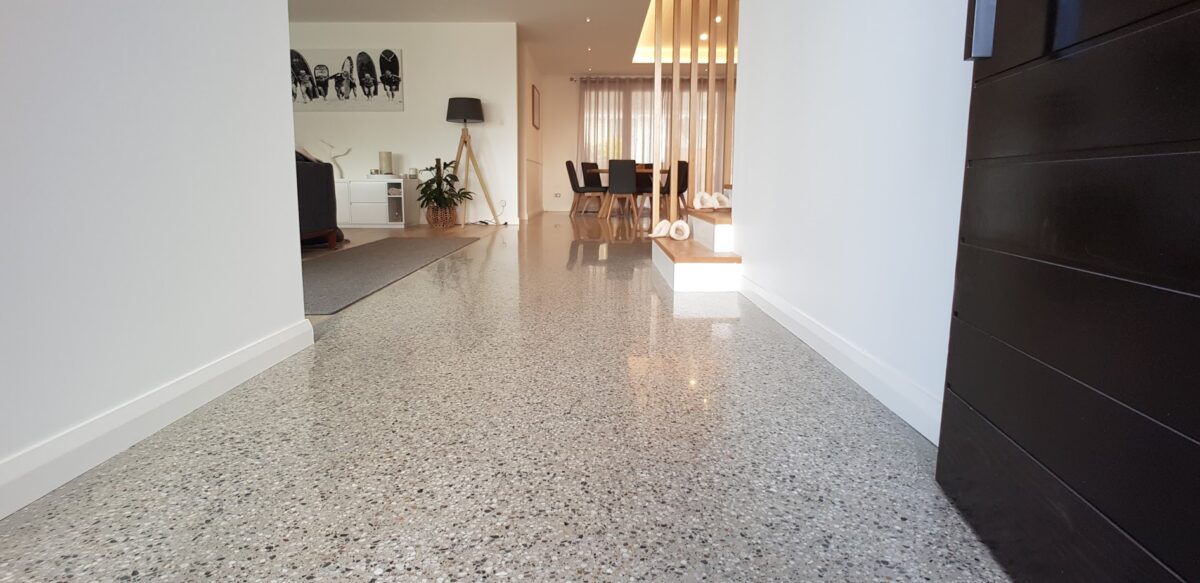Oxiclean can be quite effective at removing stains from concrete. Just mix it with water according to the package instructions, apply it to the stain, and let it sit for a few minutes. Then, scrub with a brush and rinse thoroughly.
A simple mix of baking soda and water does wonders. Just sprinkle the baking soda on the concrete, add a bit of water to make a paste, and scrub away with a stiff brush. For tougher stains, mix in some dish soap or a bit of vinegar. It's cheap, easy, and gets the job done without any fancy chemicals.
Absolutely, you can! Grab some coarse sandpaper or a sanding pad and get to work on those stubborn stains. It's a bit of elbow grease, but it can really help lift the stains right off the surface. Just remember to clean up the dust afterwards and give the area a good rinse to keep it looking sharp. However, if you’re dealing with polished concrete floors, sanding isn’t the best idea as it can damage the smooth, shiny finish. Instead, try using a gentle cleaner like a mix of baking soda and water, or a specialized concrete cleaner.
Some of the toughest stains to remove from concrete are caused by substances like oil, grease, rust, and certain chemicals. Oil and grease can seep deeply into the porous surface, making them particularly hard to eliminate. Rust stains, often from metal objects left on the concrete, can leave a permanent reddish-brown mark. Acidic substances, like battery acid or certain industrial chemicals, can etch and discolor the concrete permanently. Additionally, deeply ingrained dirt and organic materials, like leaves or wood tannins, can leave lasting stains if not cleaned up promptly. For polished concrete, while the smooth finish makes it slightly more resistant to staining, these same substances can still cause damage. Polished concrete is less porous than unpolished concrete, but oil, grease, and acids can still penetrate and leave marks if not cleaned quickly. The best way to protect both regular and polished concrete from permanent stains is to keep it sealed and clean up spills immediately
To deal with mold or mildew stains on polished concrete, start by mixing a solution of water and mild detergent or a pH-neutral cleaner. Apply the solution to the affected area and scrub gently with a soft-bristle brush to avoid scratching the polished surface. For tougher stains, you can use a mixture of water and white vinegar in equal parts, which helps kill mold and mildew spores. After scrubbing, rinse the area thoroughly with clean water and dry it completely with a clean towel to prevent further moisture buildup. If the stains persist, you might need to use a commercial mold and mildew remover specifically designed for polished concrete.


